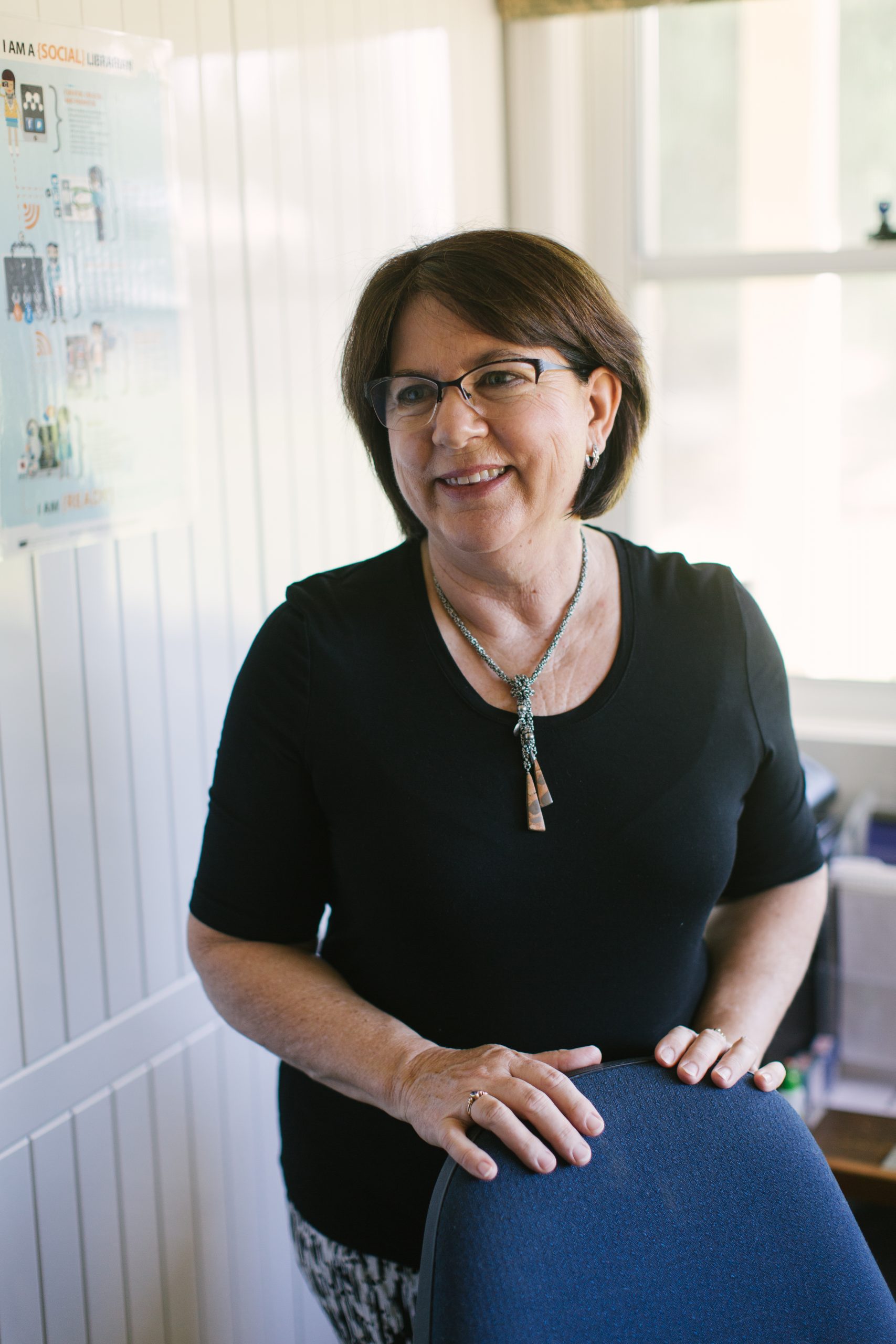There are so many reasons we want to live in rural and regional areas. The lifestyle for one, which is relaxed with plenty of space, outdoor activities and sense of community. Another reason is affordability – the Regional Australia Institute (March, 2017) reports that Regional cities have better housing affordability, ease of commute and lifestyle than Metropolitan cities. Our Expand Careers consultants have grown up in regional areas and recognise both the pros and cons of living outside a main city like Sydney or Melbourne.
The complications we have in regional areas are particularly apparent when we or our children are looking at what we want to do for work and/or study.
Is it too much to expect that we can find a career path that is interesting and satisfying whilst still living where we want?
Do we have to see our children leave home and move away, maybe forever, just to get an education and then hopefully a rewarding job?
Additionally, should we be expected to always have to travel to access resources such as career coaching?
The movement of people away from small regional towns to bigger centres has a long ranging impact on not only your immediate family but also the economy of the town and area.
The Australian Bureau of Statistics 2008 report states “Post compulsory education and training is important for building the stock of skills in the labour market and is a key determinant of economic and social wellbeing” which means attracting people with higher education to our regions or educating our own people so they stay in our town is important for everyone.
Good News for Rural and Regional People
It is not all doom and gloom for rural and regional areas though. The Regional Australia’s Great Small Cities Data Tool provides positive information on a number of our regional towns. The Grattan Institute’s latest report (read report) also provides many positives for regional areas. Often even though there are a limited number of jobs, particularly professional jobs available there are also limited numbers of people competing for those jobs so it gives those who are looking a bigger advantage than their city counter parts who have to compete with hundreds of other job seekers.
This shortage of professional applicants leads employers to develop job packages to entice suitably qualified people to their town or to offer educational opportunities for people who are willing to study and commit to their employer for an agreed upon time.
This is great news for regional living and means we should explore our options and opportunities to study and build careers that we will find rewarding so when these opportunities arise we are ready for them.
Technology is also changing things for country people, with online Tertiary Study, both, Vocational and University becoming more available. Eric Fredrickson 2015 in his article on distance education says, “one great advantage of online learning is the enhanced access for students: removing the constraint of commuting to a specific location at a certain time.”
This is certainly the case for regional people. Online study is opening the door for young school leavers who aren’t ready or can’t afford to leave home and go to Uni or TAFE, for mature age people looking for a career change that will lead to more fulfilling, more secure work with a higher salary. Or for those of you who are wanting to improve your chances of a promotion by studying to further your transferrable skills and knowledge.
Study is not the only thing that technology is opening up to country people. Working from home or working remotely is also taking off. In fact, the latest of these innovative businesses is Pointer Remote Roles (www.pointerremoteroles.com.au) which is a new business that has been developed to help rural people with professional skills connect with businesses that need those skills.
Expand Careers is also providing innovative remote access to our consultation services so that you don’t have to travel too far or take a day off work to access expert Career Consulting services.
In her article Building successful careers in regional towns, Bobbi Ballas says there are some key elements that you can utilise to provide yourself with opportunities when living in rural and regional areas. Her tips include being flexible, be prepared to continuously adjustment to change and to regularly re-evaluate your priorities.
Interested to know more?
So many things to know and consider when starting off in a career or even when you want to change your career.
Knowing about yourself and your interests, favourite subjects, work preferences, values and also knowing what jobs are out there that may suit those areas takes expertise and understanding.
If you are unsure about any of these things, if you need someone to help you plan for your future career then take advantage of the free half hour “Getting to Know You” Session with Jo or Kate at Expand Careers Consulting. Booking a consultation with a Career Counsellor is your first step to taking control of your working life.
www.expandcareers.com.au/expand-careers-services
Bibliography
Australian Bureau of Statistics (ABS) 2008 Education Across Australia Abstract http://www.abs.gov.au/AUSSTATS/abs@.nsf/Lookup/4102.0Chapter6002008
Ballas, B 2017 Building successful careers in regional towns. My future. https://myfuture.edu.au/career-insight/details?id=building-successful-careers-in-regional-towns#/
Cassells, R., Duncan, A., & Dockery, M. 28 June 2017. New research shows there is still along way to go in providing equality in education. The Conversation. https://theconversation.com/new-research-shows-there-is-still-a-long-way-to-go-in-providing-equality-in-education-80136
Fredrickson, Eric,. 2015. Is online education good or bad and is this really the right question. The Conversation. https://theconversation.com/is-online-education-good-or-bad-and-is-this-really-the-right-question-35949
Labour Market Information Portal, ABS. http://lmip.gov.au/default.aspx?LMIP/Downloads/EmploymentRegion
Regional Australia. 2017 Regional city performance – where does your city sit? http://www.regionalaustralia.org.au/home/2017/06/regional-city-performance-city-sit/










0 Comments